Yesterday, the Space Telescope Institute released a set of images as well as a movie of Jupiter acquired during a rare triple moon-shadow transit on January 24. During the event, Io, Europa, and Callisto aligned so that the three moons and their shadows appeared to move across the face of Jupiter. The next such triple-event won't take place until 2025. The Hubble images were even sharp enough to spot some of Io and Callisto's large scale albedo markings (like the flow field around Io's Isum Patera or the bright patch in the middle of Callisto's Asgard impact basin). With a keen eye, you can even spot the small inner moons, Amalthea and Thebe, and their shadows as two pairs of faint dark spots passing between Io and Callisto against the bright equatorial zone.
The difference in the crispness of the moons' shadows results from their different distances from Jupiter. Io is much closer to Jupiter than Callisto, so when it easily eclipses the Sun when it passes in front of it in Jupiter's sky. Callisto is farther away, so it appears to be closer in size to the Sun so there is a more narrow zone where it completely eclipses it (the umbra) and a wider zone where only a partial eclipse occurs (the penumbra), similar to solar eclipses on the Earth.
Opposition for Jupiter is today, and now that the moon is moving further away from Jupiter in the night sky, this is a great time to observe it and its Galilean satellites. Great ground-based images are showing up, including these sets taken by Anthony Wesley and Christopher Go.
Link: Hubble Captures Rare Triple-Moon Conjunction [hubblesite.org]
Link: ALPO-Jupiter Images from February 5 [alpo-j.asahikawa-med.ac.jp]
Comebacks, curveballs, and countdowns
5 hours ago


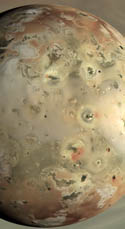



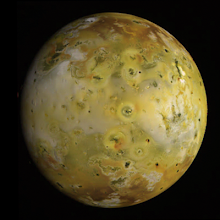

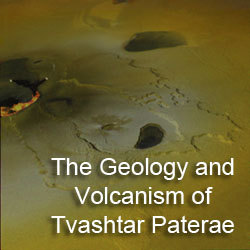
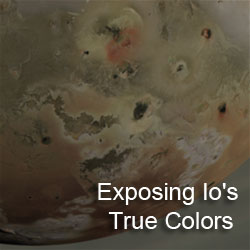
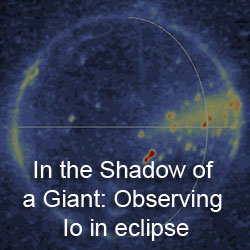
No comments:
Post a Comment